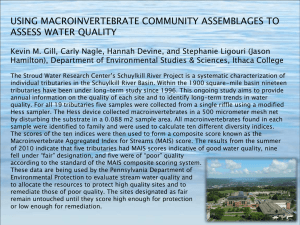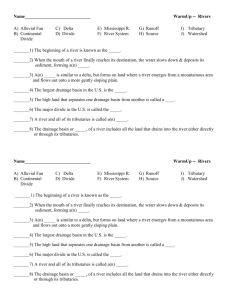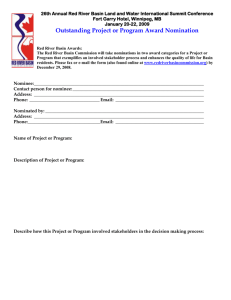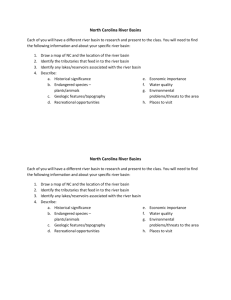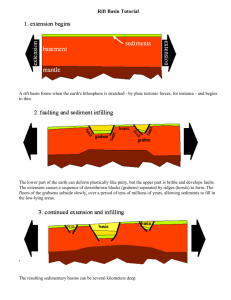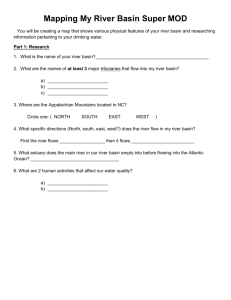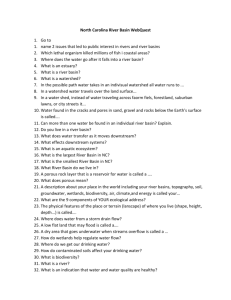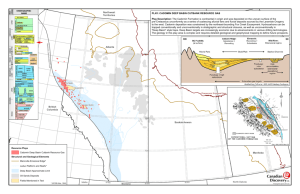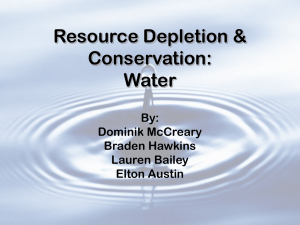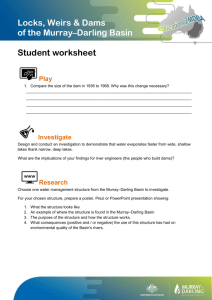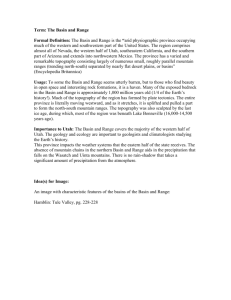Working in the lower Columbia basin and along the tributaries down
advertisement
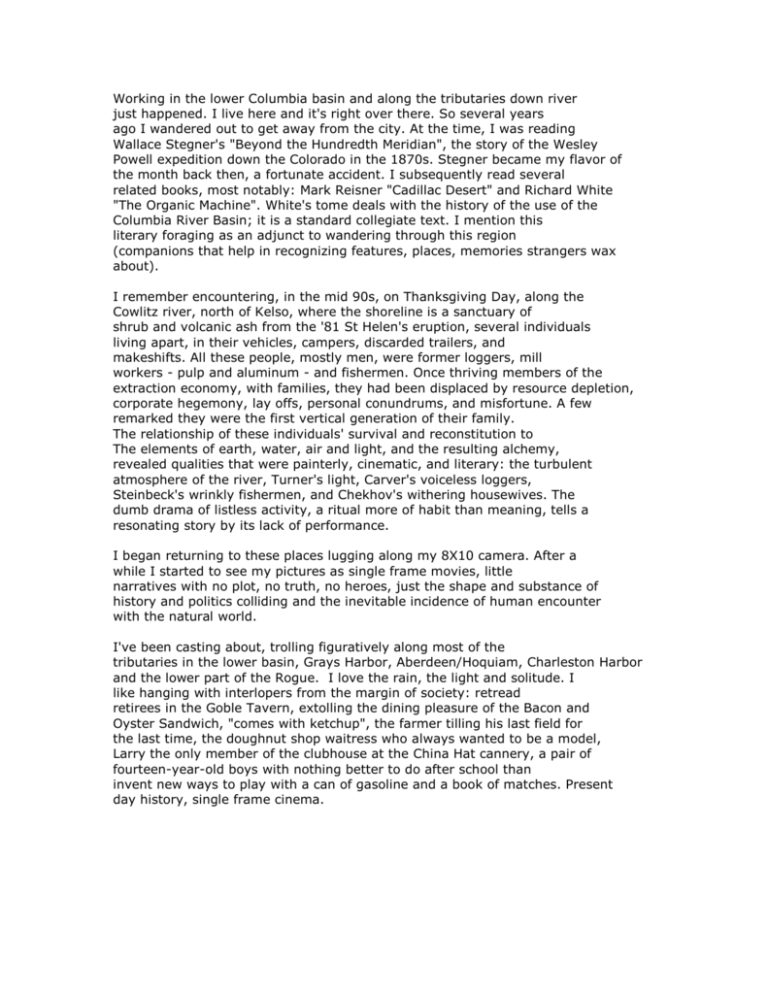
Working in the lower Columbia basin and along the tributaries down river just happened. I live here and it's right over there. So several years ago I wandered out to get away from the city. At the time, I was reading Wallace Stegner's "Beyond the Hundredth Meridian", the story of the Wesley Powell expedition down the Colorado in the 1870s. Stegner became my flavor of the month back then, a fortunate accident. I subsequently read several related books, most notably: Mark Reisner "Cadillac Desert" and Richard White "The Organic Machine". White's tome deals with the history of the use of the Columbia River Basin; it is a standard collegiate text. I mention this literary foraging as an adjunct to wandering through this region (companions that help in recognizing features, places, memories strangers wax about). I remember encountering, in the mid 90s, on Thanksgiving Day, along the Cowlitz river, north of Kelso, where the shoreline is a sanctuary of shrub and volcanic ash from the '81 St Helen's eruption, several individuals living apart, in their vehicles, campers, discarded trailers, and makeshifts. All these people, mostly men, were former loggers, mill workers - pulp and aluminum - and fishermen. Once thriving members of the extraction economy, with families, they had been displaced by resource depletion, corporate hegemony, lay offs, personal conundrums, and misfortune. A few remarked they were the first vertical generation of their family. The relationship of these individuals' survival and reconstitution to The elements of earth, water, air and light, and the resulting alchemy, revealed qualities that were painterly, cinematic, and literary: the turbulent atmosphere of the river, Turner's light, Carver's voiceless loggers, Steinbeck's wrinkly fishermen, and Chekhov's withering housewives. The dumb drama of listless activity, a ritual more of habit than meaning, tells a resonating story by its lack of performance. I began returning to these places lugging along my 8X10 camera. After a while I started to see my pictures as single frame movies, little narratives with no plot, no truth, no heroes, just the shape and substance of history and politics colliding and the inevitable incidence of human encounter with the natural world. I've been casting about, trolling figuratively along most of the tributaries in the lower basin, Grays Harbor, Aberdeen/Hoquiam, Charleston Harbor and the lower part of the Rogue. I love the rain, the light and solitude. I like hanging with interlopers from the margin of society: retread retirees in the Goble Tavern, extolling the dining pleasure of the Bacon and Oyster Sandwich, "comes with ketchup", the farmer tilling his last field for the last time, the doughnut shop waitress who always wanted to be a model, Larry the only member of the clubhouse at the China Hat cannery, a pair of fourteen-year-old boys with nothing better to do after school than invent new ways to play with a can of gasoline and a book of matches. Present day history, single frame cinema.
